John E. Rexine - Religion in Plato and Cicero
Here you can read online John E. Rexine - Religion in Plato and Cicero full text of the book (entire story) in english for free. Download pdf and epub, get meaning, cover and reviews about this ebook. year: 1959, publisher: Kensington Publishing Corp., genre: Religion. Description of the work, (preface) as well as reviews are available. Best literature library LitArk.com created for fans of good reading and offers a wide selection of genres:
Romance novel
Science fiction
Adventure
Detective
Science
History
Home and family
Prose
Art
Politics
Computer
Non-fiction
Religion
Business
Children
Humor
Choose a favorite category and find really read worthwhile books. Enjoy immersion in the world of imagination, feel the emotions of the characters or learn something new for yourself, make an fascinating discovery.
- Book:Religion in Plato and Cicero
- Author:
- Publisher:Kensington Publishing Corp.
- Genre:
- Year:1959
- Rating:5 / 5
- Favourites:Add to favourites
- Your mark:
Religion in Plato and Cicero: summary, description and annotation
We offer to read an annotation, description, summary or preface (depends on what the author of the book "Religion in Plato and Cicero" wrote himself). If you haven't found the necessary information about the book — write in the comments, we will try to find it.
Author John E. Rexine expounds on the theologies of the great Roman thinkers Plato and Cicero in this essay. While both are more well known for their political philosophies, Rexines astute analysis uncovers the religious views embedded in the most famous texts of these two visionaries.
John E. Rexine was an author, theologian, and philosopher. He wrote extensively on philosophy, including Religion in Plato and Cicero, An Explorer of Realms of Art, Life, and Thought: A Survey of the Works of Philosopher and Theologian Constantine Cavarnos, and Hellenic Spirit: Byzantine and Post Byzantine.
John E. Rexine: author's other books
Who wrote Religion in Plato and Cicero? Find out the surname, the name of the author of the book and a list of all author's works by series.

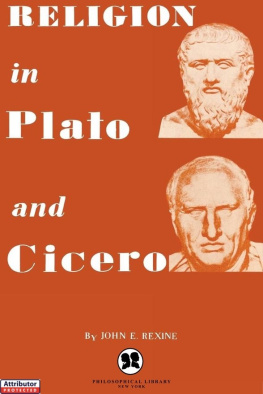

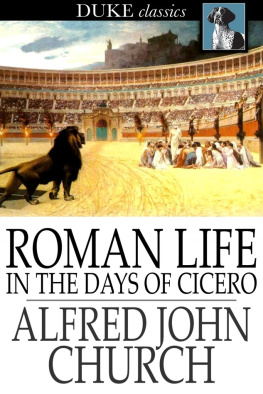
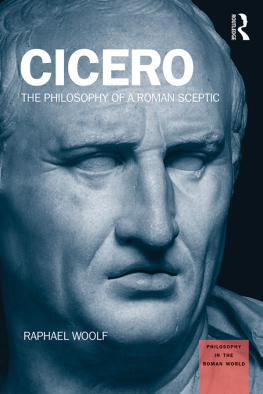

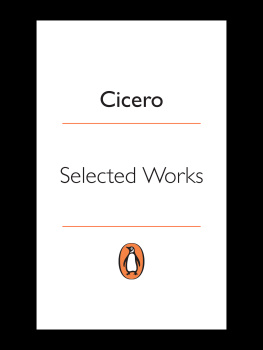
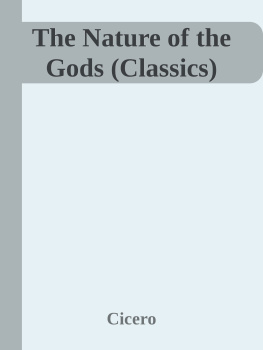
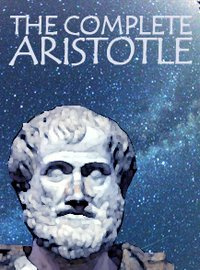
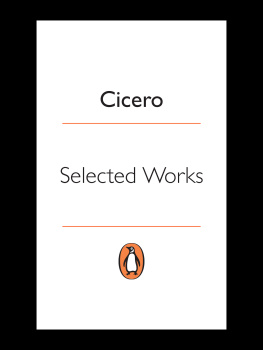
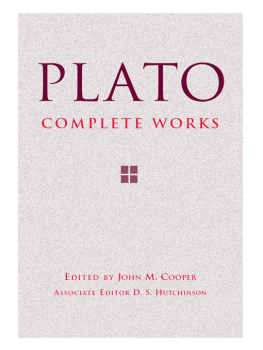
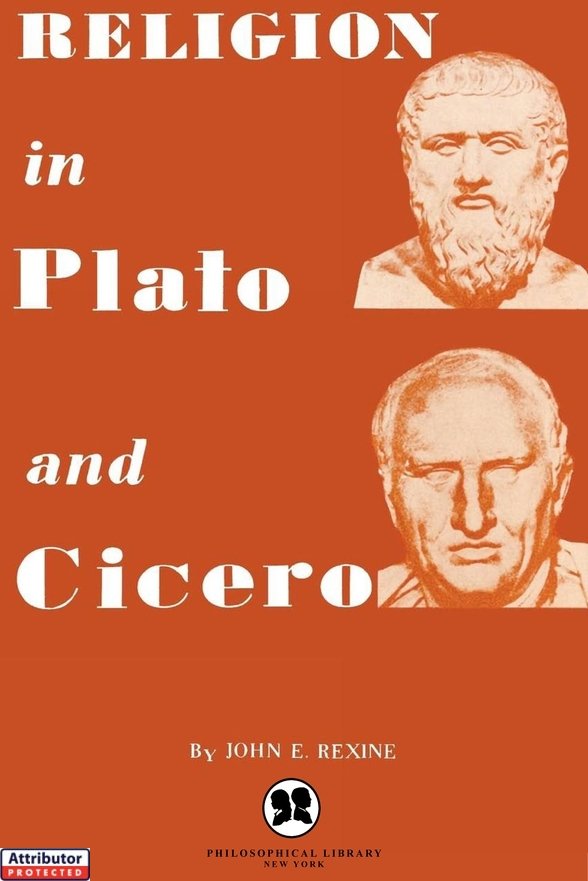


 , Journal of Hellenic Studies LXX (1950) pp. 65-74.
, Journal of Hellenic Studies LXX (1950) pp. 65-74.